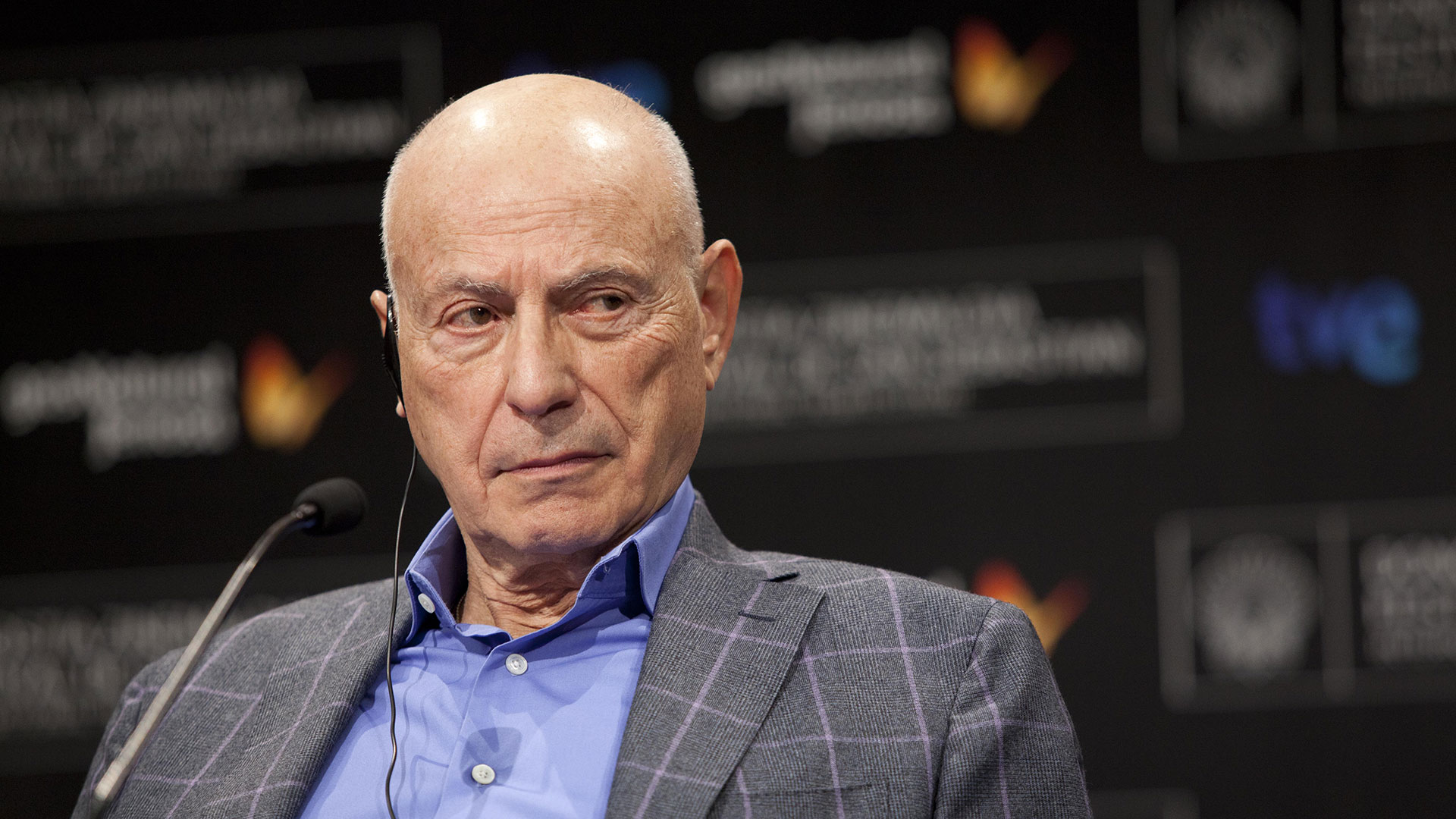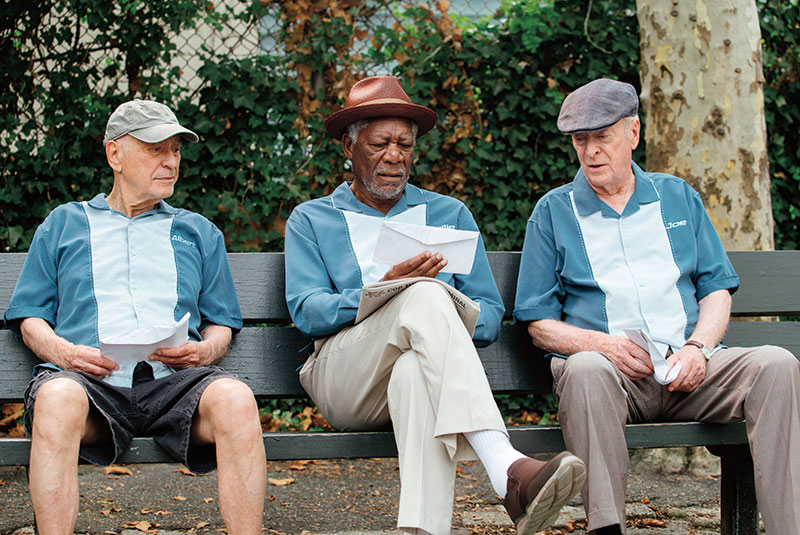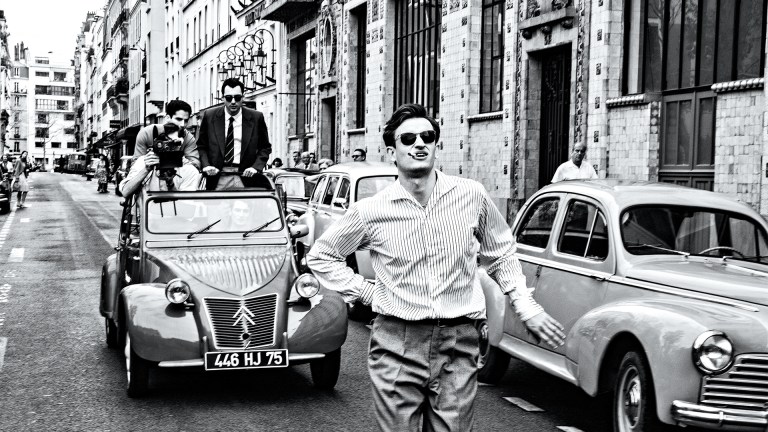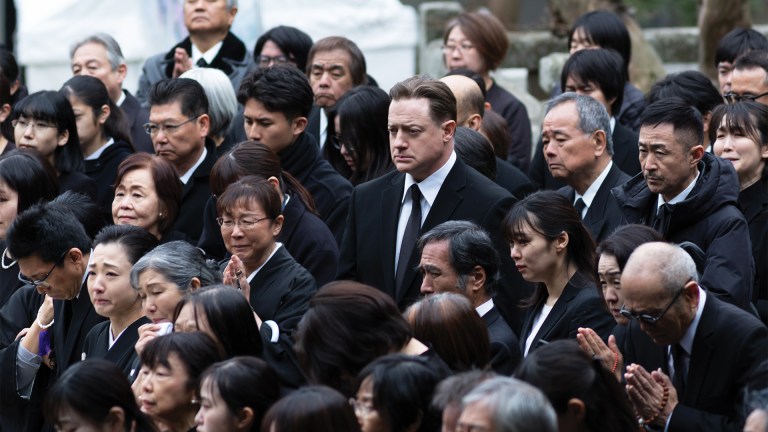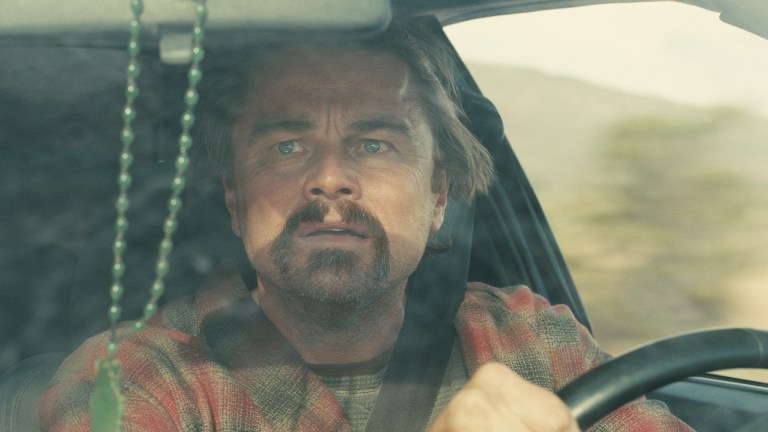I thought I’d be discovered by the time I was 12. My family moved to LA and I thought my life would be perfect. But nothing happened to me whatsoever. I joined organisations that hired children. I did a little theatre. I studied in school. It was my whole life. But I couldn’t get any kind of professional acknowledgement whatsoever. Failure rarely spoils a lot of kids; [if successful] they get used to having people kowtow to them and be a little bit two-faced. I think it kept my feet on the ground.
At school I did nothing but cut classes and look out the window. I just lived in my head, in my imagination. Sometimes it’s wonderful to live there. I was just pretending I was acting a lot. I’d draw and I’d be writing stories. Making up songs. All kinds of different things.
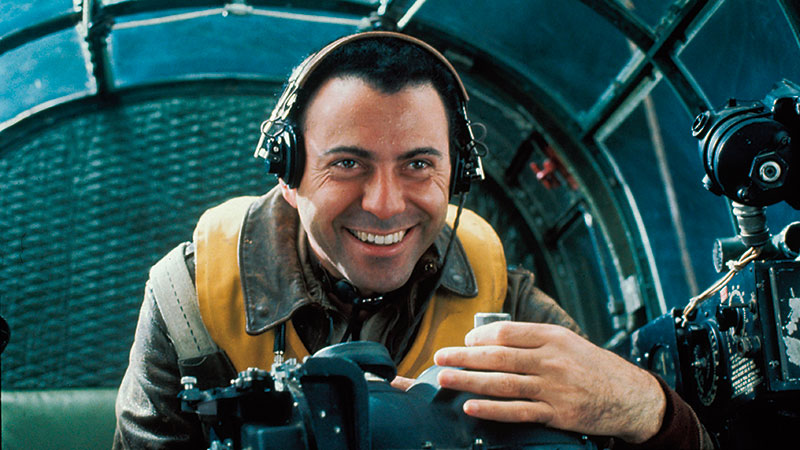
I would have done anything in the world to get away from who I was when I was younger. I didn’t like myself. I don’t think I was a bad kid but I just didn’t get any attention from anybody. I thought, as a result of that, that nobody thought much of me, so I ended up thinking not very much of myself. But not now. I have no interest in running away from myself.
Politically I stood up for a lot of the things that were dangerous
I didn’t realise it at the time but looking back, I think I had a lot of courage. Politically I stood up for a lot of the things that were dangerous. Experiencing the sharp end of McCarthyism in the 1950s sours your view of the American Dream. My father was a victim of the McCarthy period. He was a great believer in the American Constitution. He worked in the Los Angeles school system and they wanted everybody to sign a loyalty oath. He refused. He said he wouldn’t because he felt they had no right to ask him. It was none of their business. He hadn’t done anything wrong. He was not a criminal. He got fired and couldn’t get a job for 15 years. We were all kind of anxious as we had to be careful about what we said and to whom. I stuck my neck out at the risk of never working again. It felt like it was something I had to do and I was very proud of that.
I had a hit with The Banana Boat Song as part of The Tarriers in the 1950s. I thought it was a nice stopgap and it gave me enough money to coast for a few years. I thought it would help with my acting career but it didn’t do anything of the sort. So I finally quit and became an unemployed actor again.
